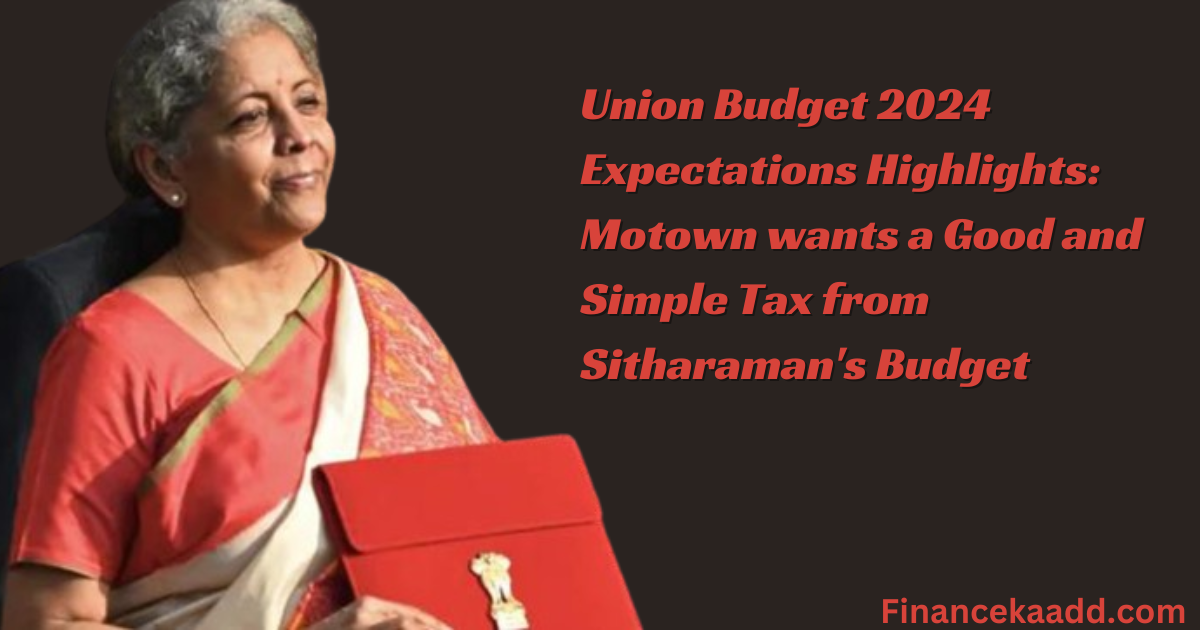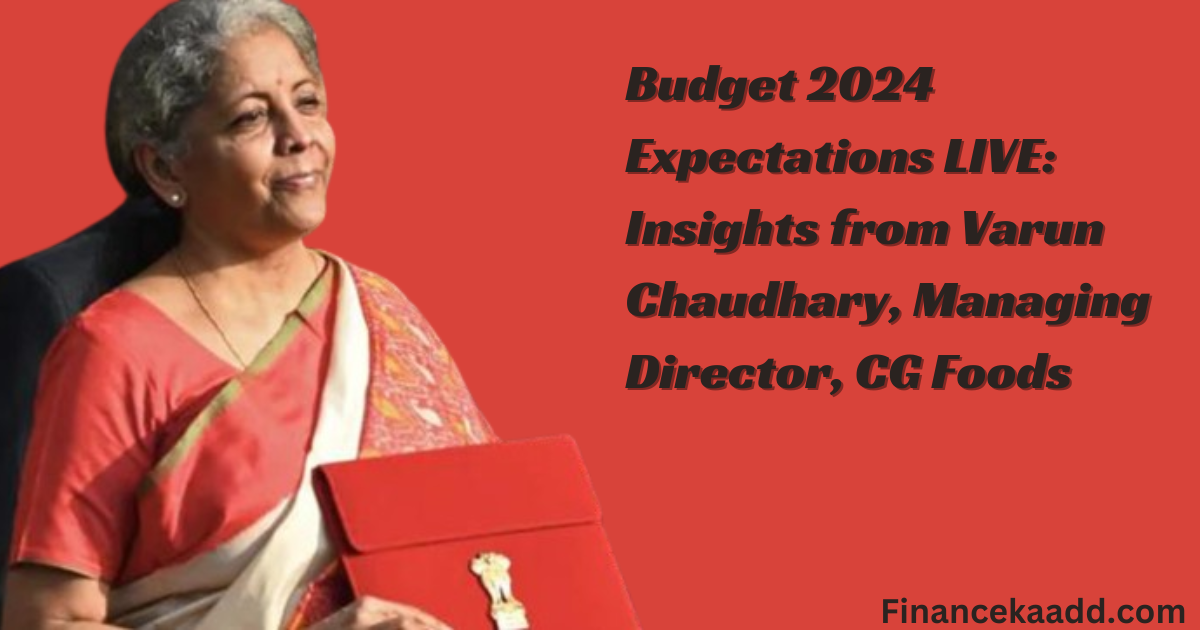As the nation awaits the unveiling of the Union Budget 2024, all eyes are on Finance Minister Nirmala Sitharaman as she prepares to present her sixth consecutive budget on February1. This significant milestone positions Sitharaman to equal the record set by former Prime Minister Morarji Desai, solidifying her legacy as the first full-time woman finance minister of India.
Finance Minister Nirmala Sitharaman: A Trailblazer in Union Budget 2024 Presentations
Since assuming office in July 2019, Sitharaman has diligently presented five full-fledged budgets, demonstrating her commitment to steering India’s economic trajectory. With the upcoming interim budget presentation, she is poised to surpass the records set by esteemed predecessors such as Manmohan Singh, Arun Jaitley, P Chidambaram, and Yashwant Sinha, all of whom have presented five consecutive budgets.
Historical Context: Morarji Desai’s Legacy
Morarji Desai, during his tenure as finance minister, delivered five annual budgets and one interim budget between 1959 and 1964. His contributions laid the groundwork for fiscal policies that shaped India’s economic landscape for years to come.
Insights into Interim Budget 2024–25: A Vote-On-Account
The interim budget slated for presentation on February 1, 2024, will function as a vote-on-account, granting the government the authority to allocate funds for essential expenditures until a new administration assumes office following the general elections in April and May. Unlike a comprehensive budget that outlines the government’s financial plans for the upcoming year, the interim budget serves as a provisional declaration estimating the funds required by the government during the transitional period.
BEST SELF STUDY FINANCE BOOKS👉BUY NOW
Anticipated Focus Areas: Relief Measures and Capex Push
Industry experts, including Radhika Rao, Executive Director and Senior Economist at DBS Group Research, anticipate a focus on relief measures for the rural and farming sectors in the upcoming budget. Amidst the challenges posed by adverse weather conditions, climate change, and inflationary pressures, there is a growing need to bolster support for these critical sectors. Rao emphasizes the significance of addressing these challenges through strategic measures while maintaining momentum for capital expenditure initiatives.
As the nation braces for the unveiling of the Union Budget 2024, stakeholders across various sectors await insights into the government’s fiscal priorities and policy directions. Finance Minister Nirmala Sitharaman’s tenure has been marked by a steadfast commitment to economic reform and resilience, and her upcoming budget presentation holds the promise of addressing key challenges while charting a course for sustainable growth and development.
Budget 2024 Expectations LIVE: Insights from the Travel Industry
As the anticipation builds for Union Budget 2024, Rama Mahendru, Country General Manager-India at Intrepid Travel, shares insights into the expectations of the travel industry. Mahendru underscores the immense potential of inbound international travel in India and emphasizes the need for the budget to prioritize essential aspects.
Transformative Power of Tourism: A Key Focus
Mahendru urges the Union Budget 2024–25 to recognize the transformative power of tourism and the crucial role played by infrastructure in enhancing India’s global appeal. He highlights the significance of prioritizing necessities such as hygienic public spaces and heightened security awareness to ensure a memorable experience for foreign guests.
Boosting Inbound International Travel: Economic Benefits
Emphasizing the economic benefits, Mahendru stresses the importance of supporting businesses that contribute to the influx of foreign capital into the country. He suggests including incentives for inbound tour operators under the foreign trade policy, showcasing India’s commitment to international collaboration.
BEST SELF STUDY FINANCE BOOKS👉BUY NOW
Enhancing Accessibility: A Priority
In addition to economic considerations, Mahendru advocates for enhancing accessibility to historical sites and monuments. He emphasizes the need for infrastructure improvements that facilitate easy access for wheelchair-bound or elderly visitors, enhancing inclusivity and promoting tourism growth.
Hospitality-Driven Infrastructure: A Strategic Investment
Mahendru concludes by urging the allocation of resources towards hospitality-driven infrastructure. By prioritizing this aspect, India can further solidify its reputation as a welcoming destination while simultaneously fostering economic growth and development.
In summary, the travel industry anticipates Union Budget 2024 to address key priorities such as infrastructure enhancement, economic incentives, and accessibility improvements, setting the stage for sustainable growth and prosperity in the tourism sector.



